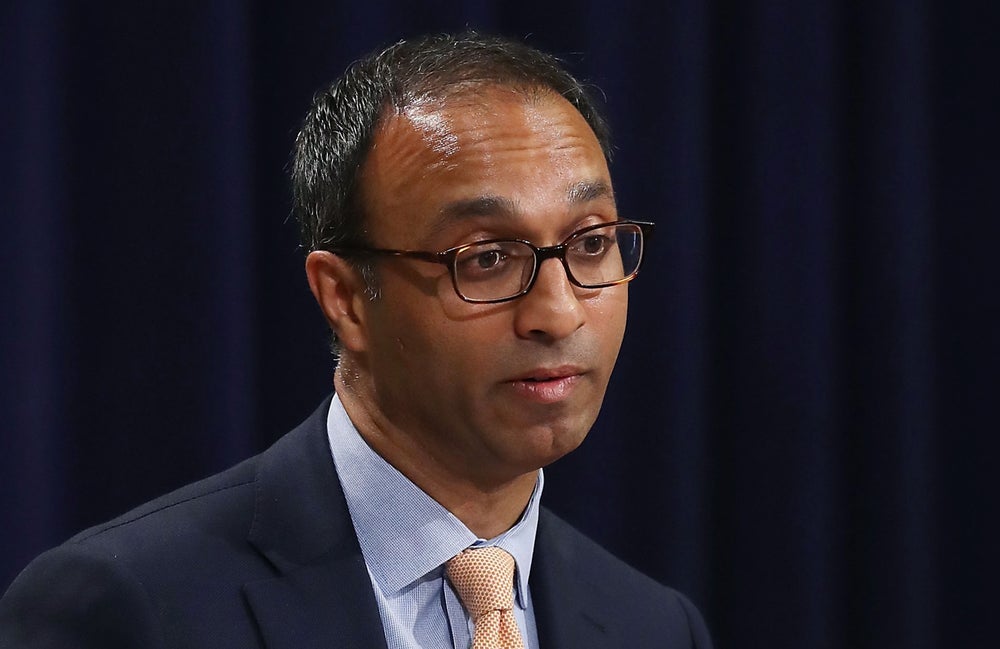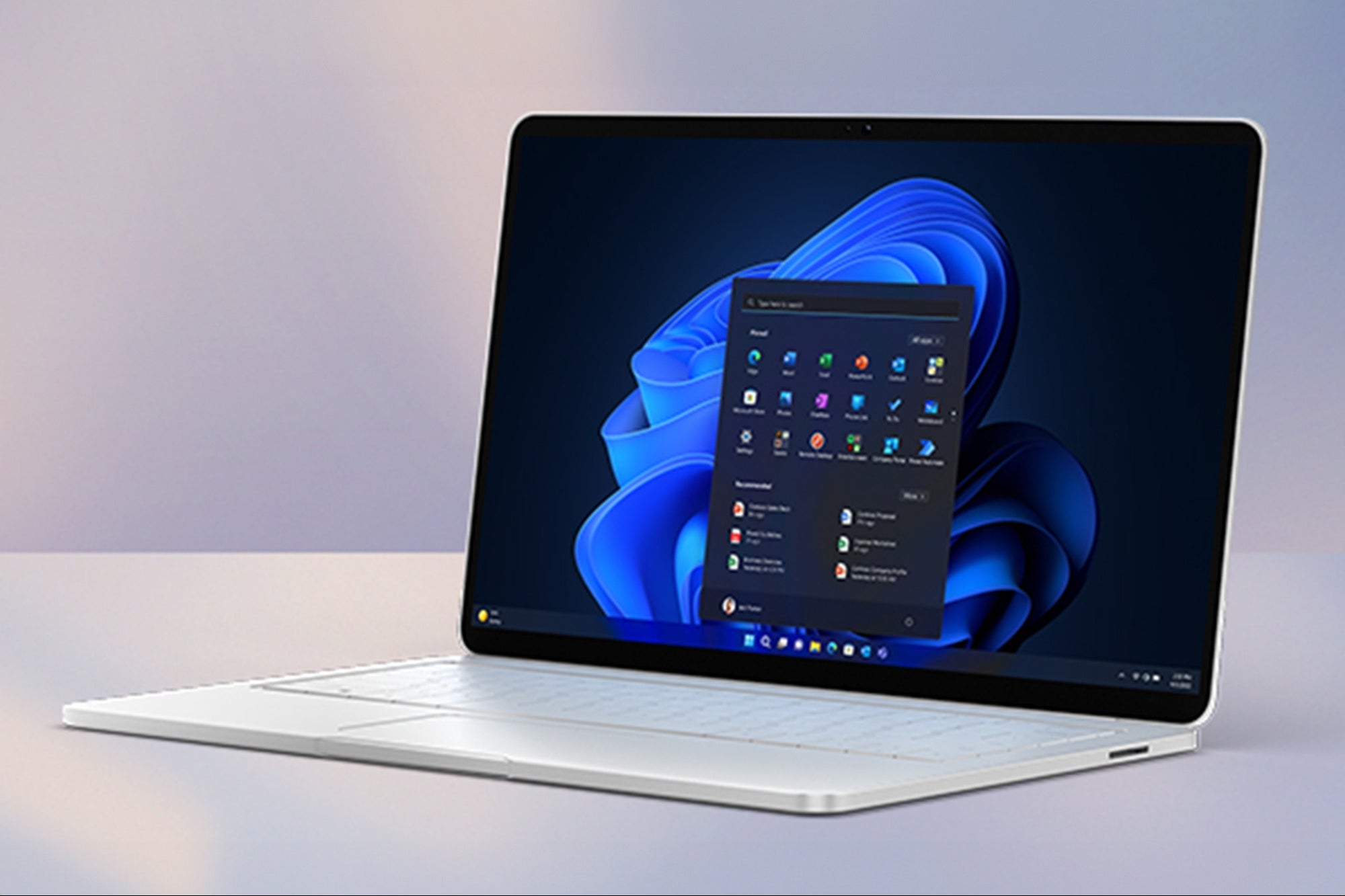Google's Antitrust Penalty Has Been Determined. Here's What the Tech Giant Has Been Ordered to Give Up. The judge denied the DOJ's request for Google to sell its Chrome web browser to resolve allegations of anticompetitive behavior.
By Sherin Shibu Edited by Melissa Malamut
Key Takeaways
- Judge Amit Mehta has ordered changes to Google’s business practices as part of his final ruling in the Department of Justice v. Google case.
- Google now will has to share user interaction and search data with competitors.
- Google has about 90% of the market share for search engines worldwide.
A federal judge decided on Tuesday that one part of Google's punishment for acting "to maintain its monopoly" and engaging in anticompetitive behavior is to share its search results data with rivals. The decision was made by Judge Amit Mehta of the U.S. District Court for the District of Columbia in the case Department of Justice (DOJ) v. Google.
The DOJ had asked that Google be forced to sell its Chrome web browser to resolve allegations of anticompetitive behavior, but the judge denied that request, writing in a 223-page ruling that he would instead order changes to Google's business practices to stop it from monopolizing the market.
Mehta proposed that Google instead should stop entering or maintaining exclusive distribution deals for Search, Chrome, Gemini, and Google Assistant with other companies. For example, Google won't be able to tie Play Store licensing agreements on the condition that companies distribute its apps.
Google is also tasked with sharing data, such as user interaction data and search index data, with "qualified competitors" and charging these competitors standard rates for search and search ad services.
 Judge Amit Mehta. Photo by Mark Wilson/Getty Images
Judge Amit Mehta. Photo by Mark Wilson/Getty Images
In a statement on Tuesday, Google wrote that the new measures, which require it to share search data with competitors, could impact user privacy and that it was looking into the decision.
"Now the Court has imposed limits on how we distribute Google services, and will require us to share Search data with rivals," Google wrote in response to the ruling. "We have concerns about how these requirements will impact our users and their privacy, and we're reviewing the decision closely."
A committee will be established to carry out Mehta's final ruling, which will last six years and take effect within 60 days, per TechCrunch.
Related: Here's Why Google Losing the Antitrust Case Matters, According to a Market Insights Expert
What Happened With Google's Antitrust Cases
Mehta's final ruling arrives one year after he decided that Google acted illegally by working to maintain a search monopoly. In an August 2024 statement following a 10-week trial, Mehta called out Google's multi-billion-dollar agreements with Apple, Samsung, and Mozilla to become the default search engine on their products and services. He labeled the agreements "exclusive" and "anticompetitive."
"Google is a monopolist, and it has acted as one to maintain its monopoly," Mehta wrote in the 286-page statement in August 2024.
The DOJ first filed the antitrust case in 2020 and asked the judge for harsher penalties. The department wanted to force Google to sell off its Chrome and Android businesses, which resulted in an unsolicited bid: AI search engine startup Perplexity offered to buy Chrome last month for $34.5 billion in cash.
The DOJ also wanted to make Google terminate its agreements with Apple, Samsung, and other partners to stop being the default search engine on their web browsers. Google paid more than $26 billion in 2021 to become the default web browser on multiple platforms, with about $18 billion going to Apple.
The case will likely not be over until "late 2027 or early 2028," factoring in Google's potential appeal and possible escalation to the Supreme Court, per TechCrunch.
Google is also involved in a separate antitrust lawsuit about its advertising business. In April 2025, Judge Leonie Brinkema in Alexandria, Virginia, ruled that Google had acted anticompetitively to maintain monopoly power in digital advertising. The remedies trial for that suit is scheduled for late September.
Google held approximately 90% of the search engine market share in March.












